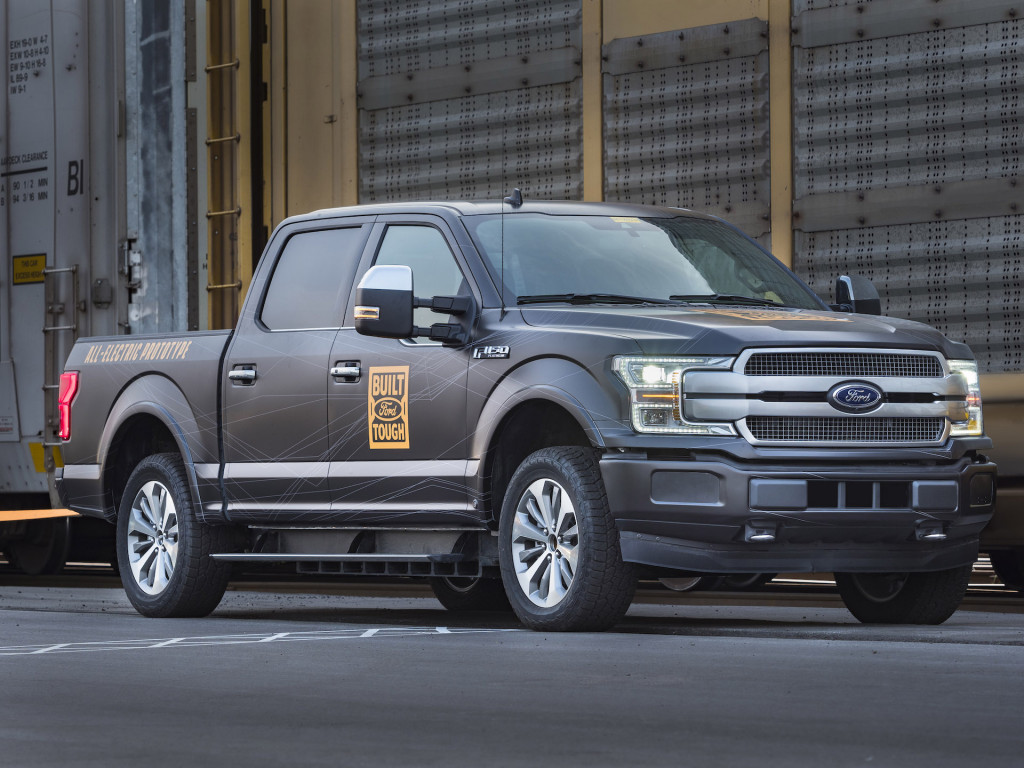Several automakers are planning their own battery factories to support increased electric-car production, but Ford isn't one of them.
The automaker sees "insufficient scale" for its own battery factory to make financial sense, and will continue sourcing batteries solely from suppliers, according to an Automotive News Europe report.
The report cites a Ford second-quarter analyst call, in which head of product development and purchasing Hau Thai-Tang said the automaker would need to produce 100,000 to 150,000 EVs annually for its own battery factory to make sense.
This seems to indicate that Ford doesn't plan to make anywhere close to that many EVs for some time.
Ford's most high-profile EV is the Mustang Mach-E, which is scheduled to start deliveries later this year. At the SUV's 2019 unveiling, Ford executive Joe Hinrichs said the first full year of production would be limited to 50,000 units for global consumption—due to battery availability.
Electric versions of the F-150 pickup truck and Transit van have also been confirmed, although it's unclear if these will be high-volume models.

Ford F-Series electric truck prototype
A long list of automakers don't seem to agree with Ford's battery strategy.
General Motors and LG Chem are partnering on a $2.3 billion battery factory in Lordstown, Ohio, which will make batteries for vehicles going on sale in 2023 and beyond. That's expected to include a Chevrolet electric pickup truck and the Cadillac Lyriq crossover—as well as the GMC Hummer EV that will be on sale by then.
Battery subsidiary Accumotive is deeply involved in Daimler's EV plans. Accumotive is opening a network for new factories to supply batteries for its parent company.
While they don't want to make batteries themselves, BMW and Volkswagen are aiming for very close control of production.
As it seeks to secure batteries without its own factory, Ford is already potentially caught in a dispute between LG Chem and SK innovation. LG Chem is attempting to block a pair of SK Innovation battery factories on a shared site in Georgia, alleging trade-secret violations. The factories are earmarked to supply batteries for the electric F-150, as well as VW ID.4 crossovers built at the German automaker's Tennessee factory.
